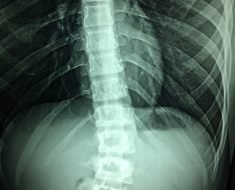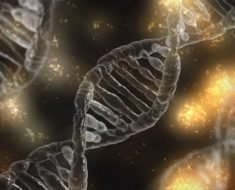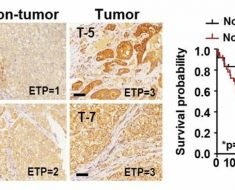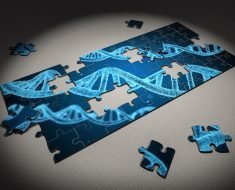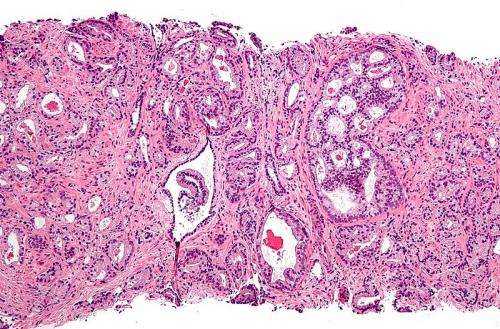
Initial results of NRG Oncology Clinical Trial RTOG 9601 in men with biochemically recurrent prostate cancer receiving salvage radiotherapy (SRT) demonstrated improvement in OS from the addition of long-term hormone therapy to SRT. However, a secondary analysis indicates that all patients do not benefit and the addition of long-term anti-androgen therapy did not improve overall survival (OS) rates and could increase other-cause mortality (OCM) for some patients depending on pre-treatment PSA level. Data now shows that pre-SRT prostate-specific antigen (PSA) was a prognostic and predictive biomarker in determining the benefit of the addition of anti-androgen therapy to early SRT. These results were presented during the plenary session of the American Society of Radiation Oncology’s (ASTRO) Annual Meeting in September 2019. The abstract is one of four abstracts chosen from over 3,000 submitted abstracts for the plenary session.
NRG-RTOG 9601 was a randomized clinical trial that compared SRT followed by two years of anti-androgen treatment or a placebo in men with biochemically recurrent prostate cancer. Trial participants were randomly assigned to one of the two treatment arms. Results of the initial trial demonstrated improvement in OS from the addition of long-term hormone therapy to SRT at a median follow-up of 13 years. However, the patient population enrolled on this trial was representative of patients in the late 1990s, but patients today are usually treated at much lower PSAs closer to the time of biochemical recurrence. Given the known side effects of hormone therapy, including worsening of cardiac disease, the question becomes in a more representative population of patients receiving early salvage RT at lower PSAs would there still be net benefit. Thus, a secondary analysis of NRG-RTOG 9601 was designed to address if pre-SRT PSA could serve as a prognostic and predictive biomarker of benefit from hormone therapy.
Patients on NRG-RTOG 9601 were stratified by entry PSA (0.2-1.5 vs >1.5-4.0 ng/mL) and randomly assigned to receive either nonsteroidal anti-androgen therapy (bicalutamide) or placebo for two years. 760 patients were evaluable following treatment and 85% percent of those patients were in the pre-SRT PSA of ≤1.5 ng/mL stratum. There was no statistically significant overall survival benefit for men with PSAs ≤1.5 ng/mL (HR 0.87 [95%CI 0.66-1.16]).Furthermore, men with PSAs <0.6 ng/mL not only had no improvement in overall survival, but experienced an increase in OCM (sHR:1.94, [1.17-3.20]) and higher grade 3-5 cardiac events from bicalutamide. Importantly, as shown in the original NEJM report, there is a large survival benefit from the addition of hormone therapy for men with PSAs >1.5 ng/mL (HR 0.45 [0.25-0.81]).
Source: Read Full Article


